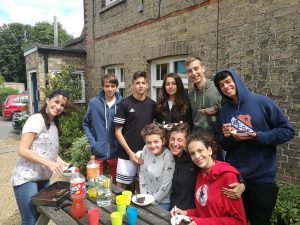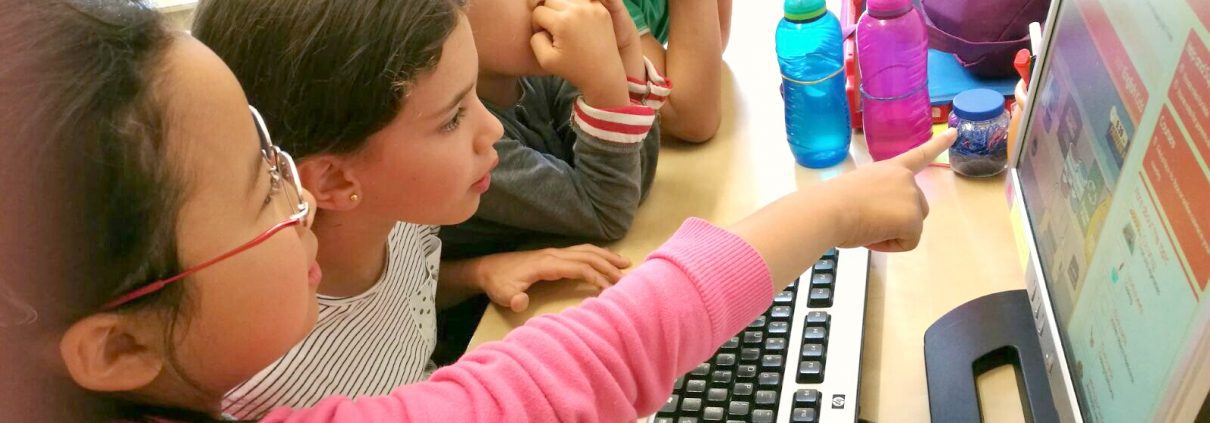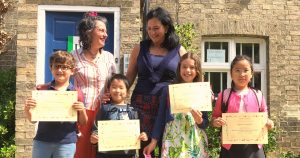5 Reasons for Studying Languages Online (vs. Face-to-Face Classroom)
“Shall I take my next course online or shall I stick with my face-to-face classes?”
If you are reading this post, it is possible that you are toying with the idea of signing up for an online course, but perhaps you don’t have a lot of experience studying online, if at all.
If you have taken face-to-face classes all your life, being a little apprehensive at the beginning is normal, even if you are tech-savvy. However, taking an online course, as opposed to a face-to-face class, definitely has its perks. Here are five advantages to studying languages online.
 Enhance your career or study to improve your communication when you are abroad
Enhance your career or study to improve your communication when you are abroad
During lockdown, you may have more time to focus on learning a language and dream of your next trip when all the restrictions with international travel are lifted.
An online live session gives you great interaction with your teacher and your fellow classmates at your own pace through break out rooms in Zoom.
In a survey at Learning House: 44% of online students reported improvements in their employment standing and 45% reported a salary increase. By the time you finish your online course, you will have gained more work experience and learned new skills that will help you advance in your career, or if you study for fun, a great result for your future trips or family and friends reunions in the chosen country where the language is spoken!
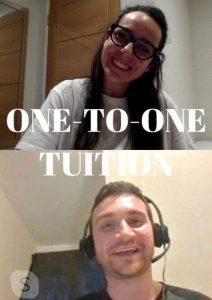 2. Maximise your study time at home
2. Maximise your study time at home
By studying online with live native teachers, you choose your own learning environment that works best for your needs: be it your bedroom, your study or when this lockdown ends, the café across the street, or your local gym. Or if you just missed your class, you can listen to your teacher’s class recording as you run on the treadmill. Isn’t that awesome?
Taking an online course also means that you don’t have to commute to class, which means less time spent on the bus or car and more study time learning.
- Extra time to read or listen to podcasts
As we are all in lockdown right now, it’s great to develop our skills and improve our knowledge, be more exposed to the language of our choice by reading more newspapers, apps for languages like com or SlownewsinSpanish.com and if you prefer listening to podcasts, listen to Radio Dante podcasts with programmes in Italian/English and Spanish/English on a variety of cultural topics. - Self-discipline and responsibility
Who says that having to be more self-disciplined is a disadvantage? It is true that studying online requires more self-motivation and time-management skills, because you will spend a lot of time on your own without someone physically close to keep you focused on deadlines. Look at it this way: your online course will not only teach you languages and cultural topics, it will also help you become more self-motivated, a trait that will make you stand out in the workplace and beyond.
- More choice of language course topics
Let’s face it, when thinking about what to study, besides for interest and career opportunities, whereto study is also a deciding factor. By taking an online course, you can really focus on the subject you are interested in and choose from the variety of online courses and programs.
I only listed five benefits to learning online but, having been an online student myself, I know there are many more. Can you think of other advantages or reasons why you prefer to take your next course online? Feel free to share your thoughts in the comments section!
And don’t forget to follow us on FB, Istagram or Twitter and let us know what you think.


 Enhance your career or study to improve your communication when you are abroad
Enhance your career or study to improve your communication when you are abroad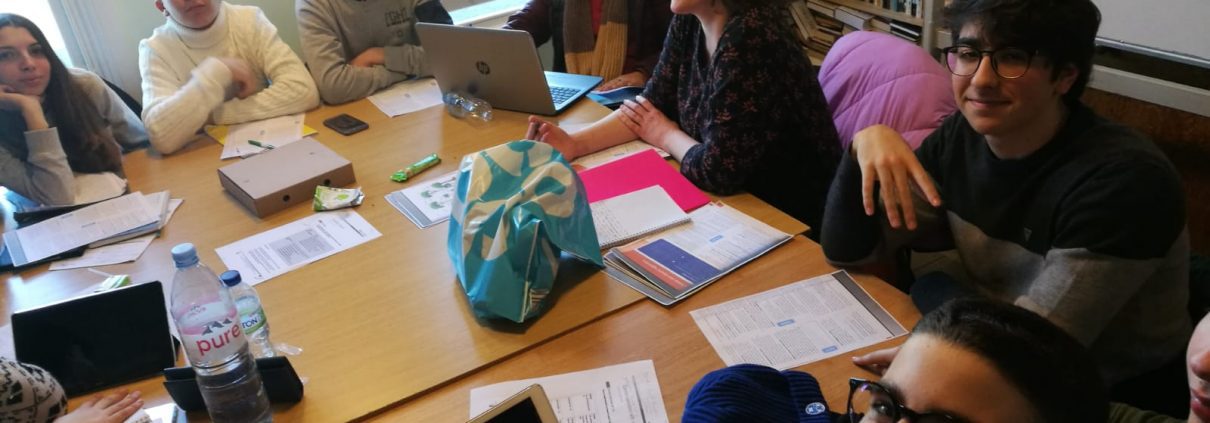
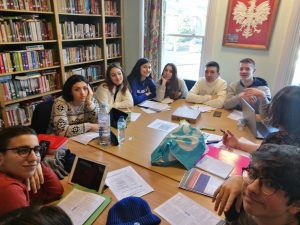
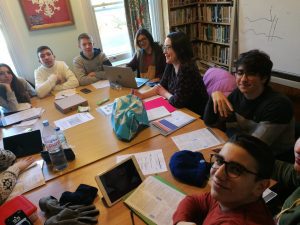
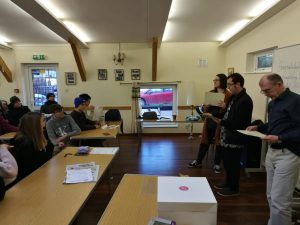
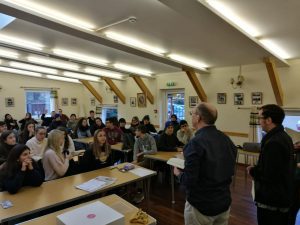
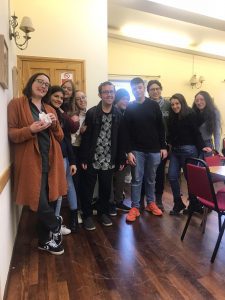
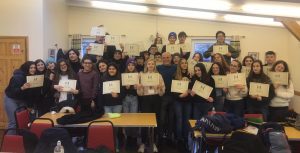
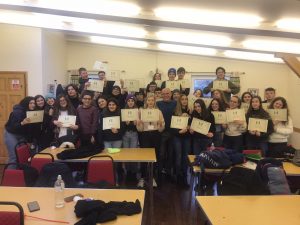
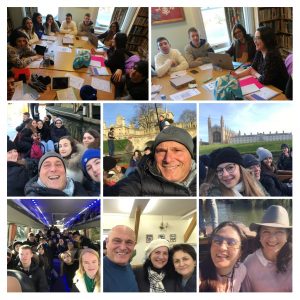
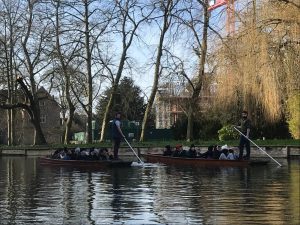
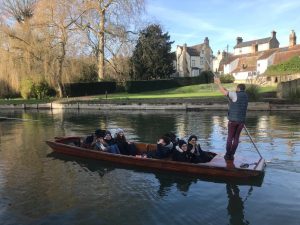
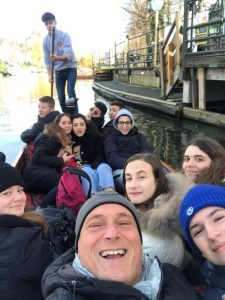
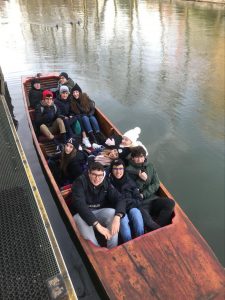
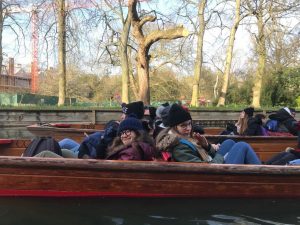
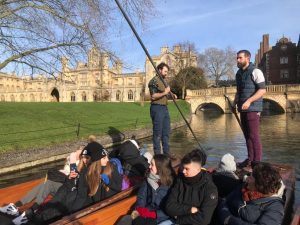
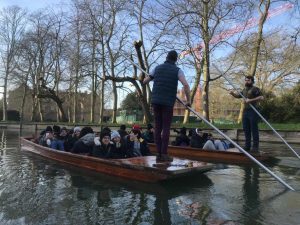
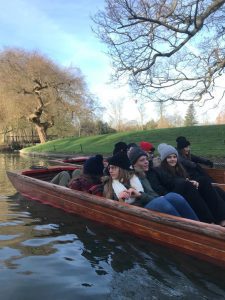
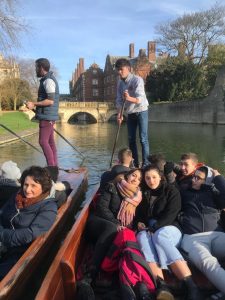
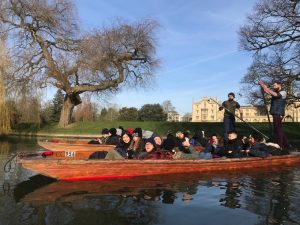
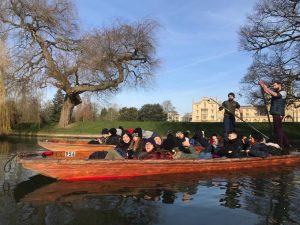



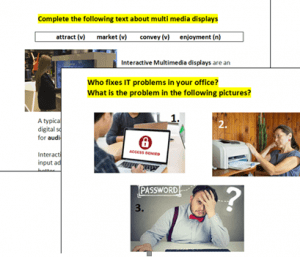

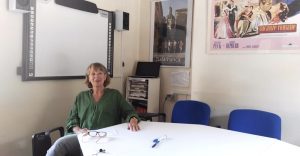
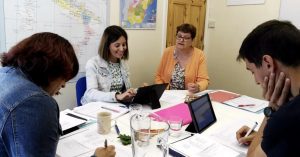
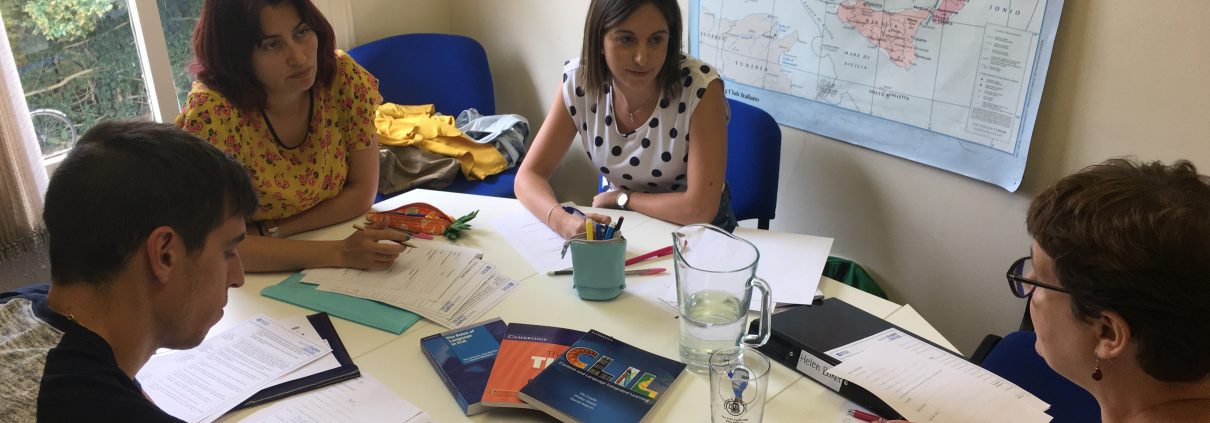
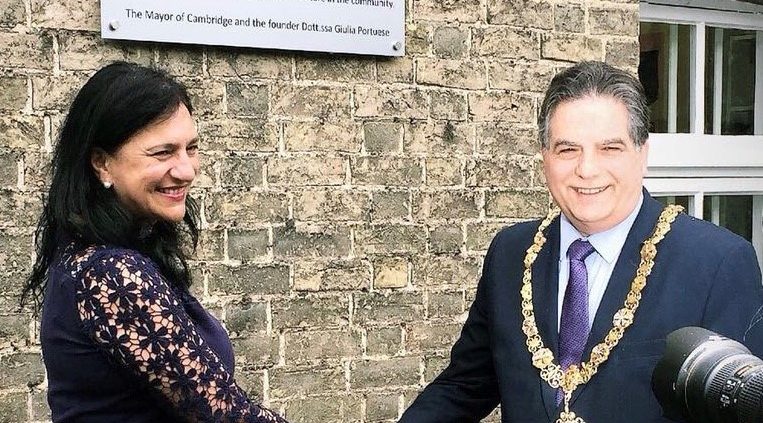
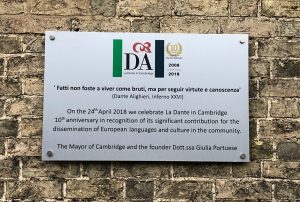

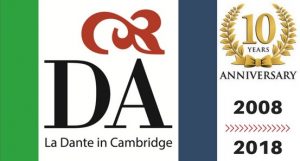
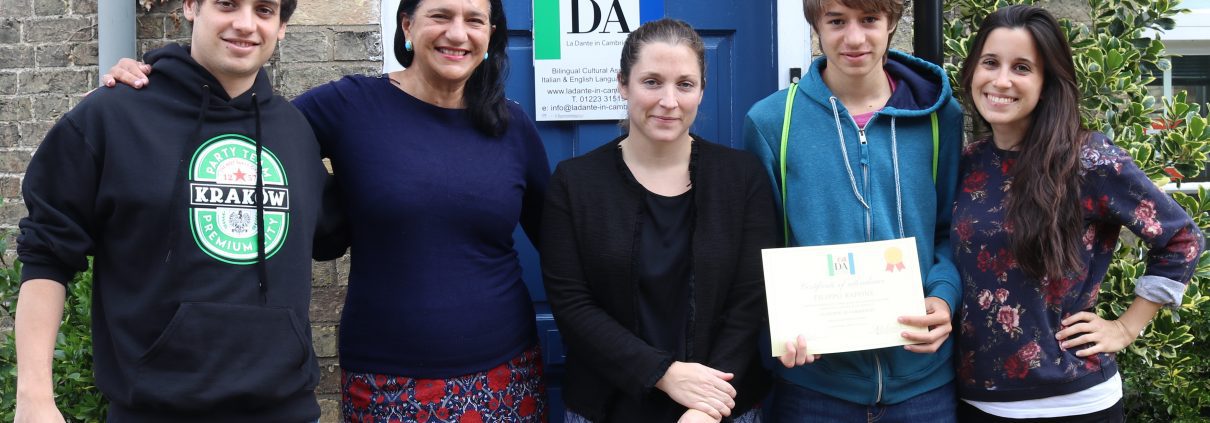
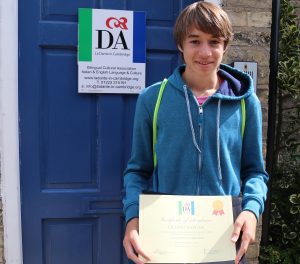

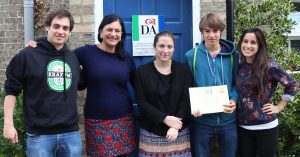 accept responsibilities for their own actions. They have to learn to deal with adversity as well as success and to adapt to different situations and environments. Tennis fosters work ethic, discipline and sportsmanship in teenagers and builds up their strategic and problem solving skills.
accept responsibilities for their own actions. They have to learn to deal with adversity as well as success and to adapt to different situations and environments. Tennis fosters work ethic, discipline and sportsmanship in teenagers and builds up their strategic and problem solving skills.